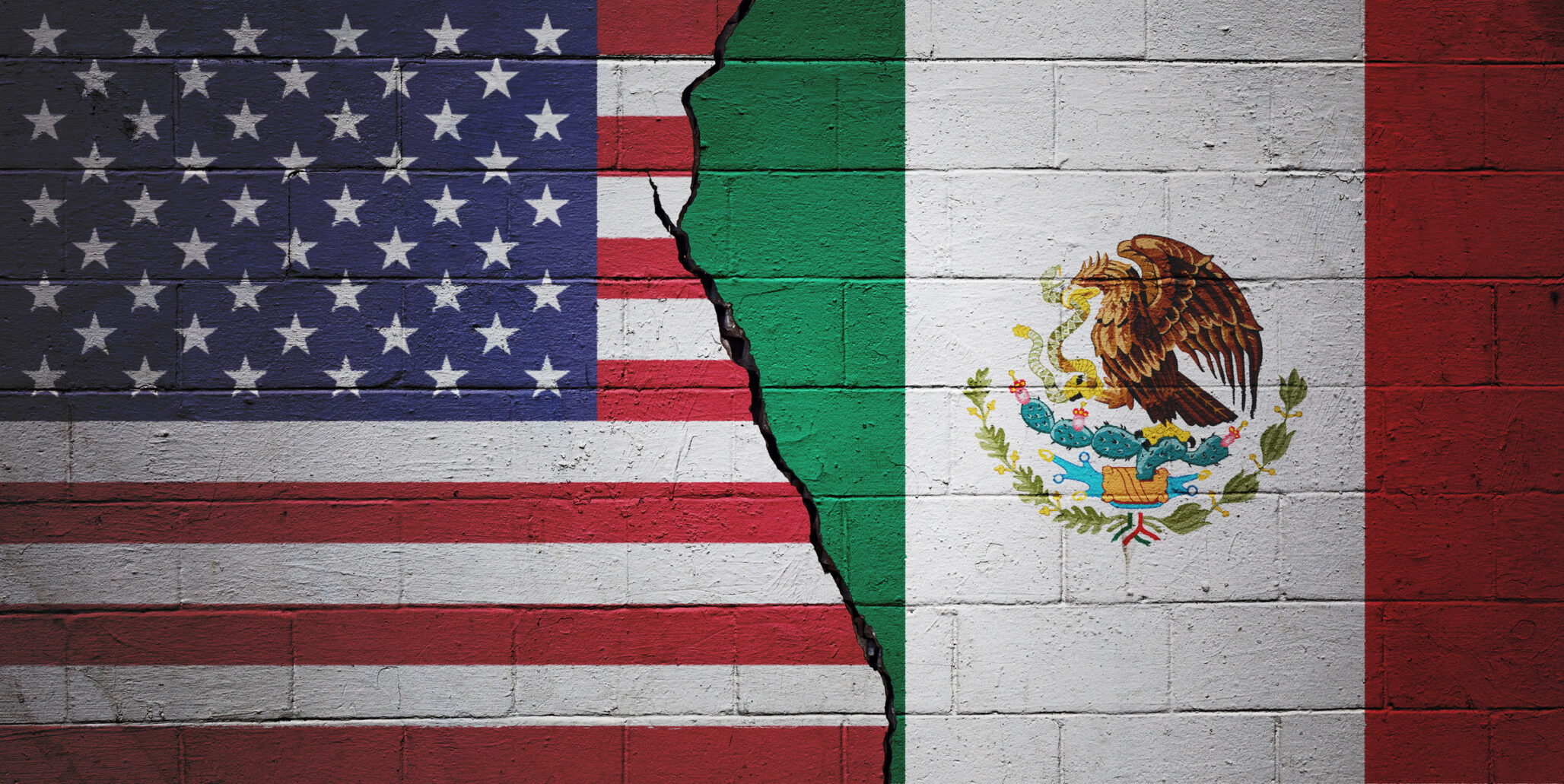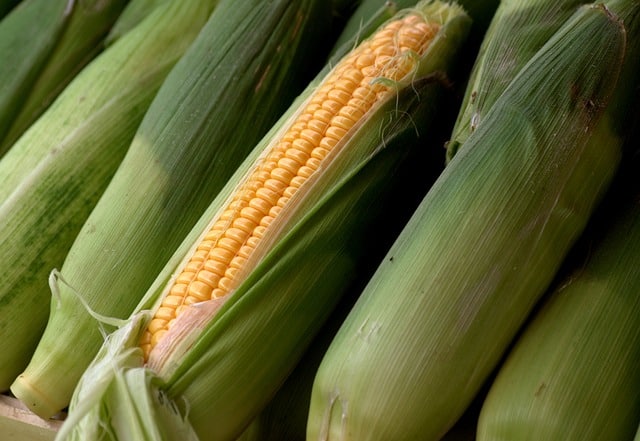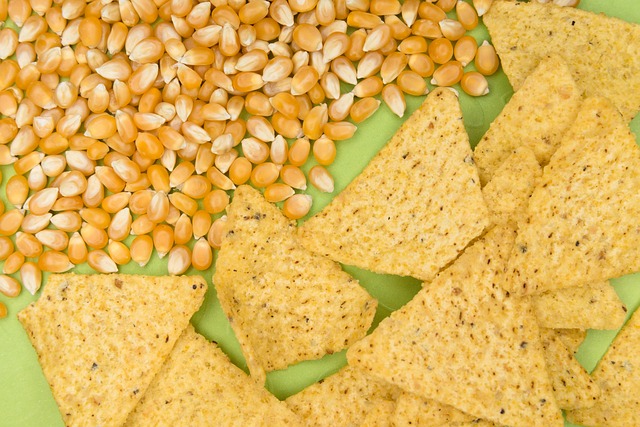A new study reveals that Mexico’s proposed ban on genetically modified corn could drive up food prices and impact job security, disproportionately affecting the country’s lower-income families. With over 90% of U.S. corn genetically modified, the ban also poses challenges for American farmers and trade relations.
A comprehensive ban on genetically modified (GM) corn in Mexico may disproportionately impact low-income consumers, a recent study by agricultural economists from the University of Arkansas System Division of Agriculture suggests. In addition to affecting Mexican consumers, the ban would have serious consequences for American farmers. Over 90% of U.S. corn is genetically modified, and Mexico, the second-largest importer of U.S. corn after China, relies heavily on these imports. According to the study, titled “Potential Response of Mexican Consumers to a Ban on Genetically Modified Maize Imports,” eggs and poultry make up nearly half of Mexicans’ protein intake, while tortillas provide 13-20% of daily caloric intake.
“More than half of the people we surveyed in Mexico were not even aware of the ban,” said lead author Brandon McFadden, a professor of agricultural economics and agribusiness, in a University of Arkansas news release. “And of those who did know and supported it, many changed their opinion when they saw how much prices could rise and how many jobs could be lost.”
The study, published in the journal Food Security, was co-authored by Lawton Lanier Nalley, Alvaro Durand-Morat, Katie Loethen, and Wei Yang. This team of researchers highlighted that Mexico’s reliance on U.S. yellow maize for livestock production means that a full GM ban would significantly affect trade. “While this study focused on impacts to Mexican maize consumers, there are tangible effects on the U.S. maize industry,” Nalley said.
Conducted in April 2023, the study surveyed 1,301 Mexican adults on the potential impacts of a GM maize ban. McFadden, as the Tyson Endowed Chair in Food Policy Economics, led the consumer perception study with Durand-Morat translating the questions and responses into Spanish for accuracy.
GM Corn and Food Security
Genetically modified corn is primarily designed to resist pests or tolerate herbicides, such as Bacillus thuringiensis (Bt) corn, which naturally protects against certain insects without affecting other animals or humans. The U.S. Food and Drug Administration (FDA) notes, “GMO Bt corn reduces the need for insecticides while still preventing insect damage.” Most GMO corn is processed for animal feed, particularly for cows and poultry, and only a fraction directly reaches consumers in the form of processed food.
Results from the survey indicated a willingness among Mexicans to pay higher prices for non-GM food. On average, participants expressed willingness to pay a 73% premium for chicken, a 50% premium for eggs, and a 50% premium for tortillas made from non-GMO corn. However, respondents in lower-income brackets indicated less flexibility, with those earning less than 7,000 pesos annually willing to pay smaller premiums.
Public Opinion on GM Corn Safety and Jobs Impact
Public opinion on GM products contrasts with regulatory positions. The FDA maintains that GMO foods are as safe and nutritious as their non-GMO counterparts. However, survey participants indicated safety concerns about GM products, rating tortillas and tamale husks made from non-GM corn as significantly safer than GM-fed poultry and eggs. “These findings align with U.S. research,” McFadden explained, “where consumers show greater aversion to fresh products like meat from animals fed GM corn than to processed GM products.”
Job losses are another significant issue. If a GM ban proceeds, approximately 56,958 jobs could be lost in Mexico, according to estimates by World Perspectives in 2022. When informed of this impact, the percentage of respondents supporting the ban decreased. “The employment impact could create a cascade of economic issues, including reduced spending and overall GDP decline,” McFadden noted.
Global Trends in GM Food Bans
Similar GM food bans have affected food security in other nations. Zimbabwe lifted a 12-year ban on GM food in 2020 amid extreme drought, and Kenya lifted its GM crop ban in 2022 due to rising food prices caused by severe drought conditions.













